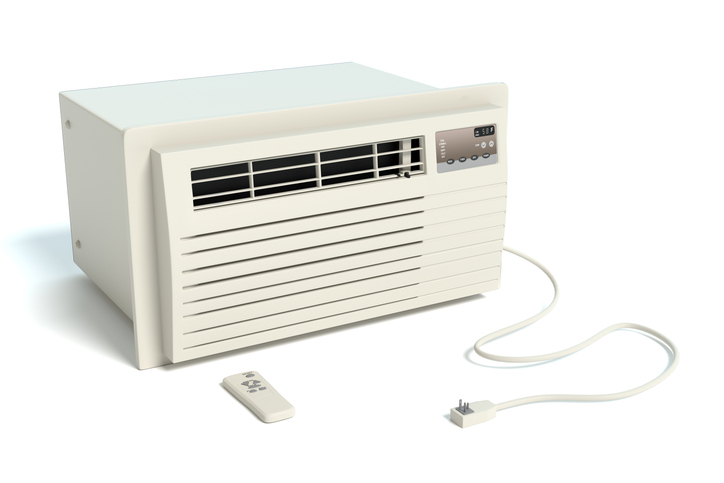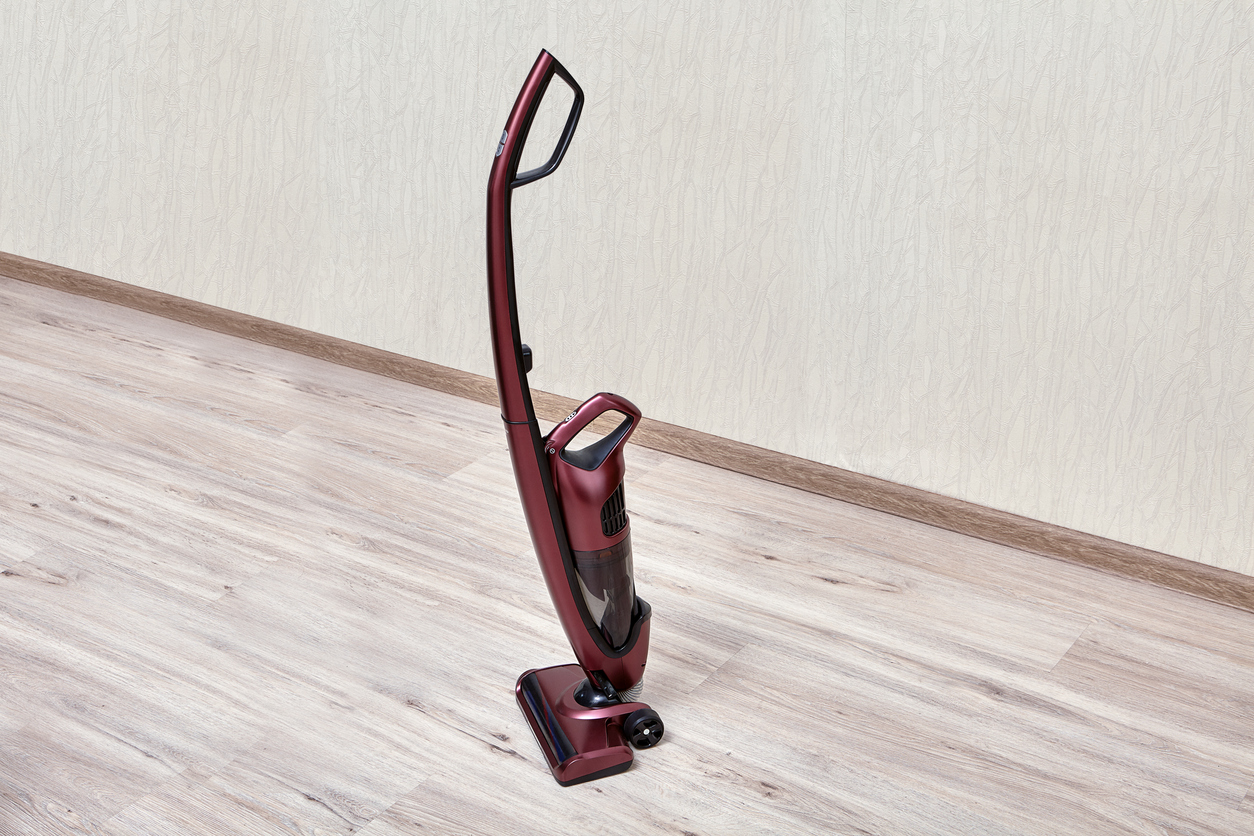
In the realm of air conditioning, energy efficiency has become the holy grail for cooling enthusiasts seeking optimal comfort without breaking the bank. With the rise of dual inverter and inverter AC systems, the quest for efficient cooling has taken a revolutionary turn. These two technologies, armed with their distinct advantages, are reshaping the way we experience indoor climate control. In this article, we embark on a captivating exploration of the difference between dual inverter and inverter air conditioners, unraveling the secrets behind their energy-saving prowess.
By shedding light on their unique mechanisms and capabilities, we empower you to navigate the cooling landscape with confidence, unlocking a world of efficient and cost-effective cooling solutions. So, prepare to embark on a journey where the duel of dual inverter and inverter ACs unfolds, unveiling the key to superior cooling efficiency and your ultimate comfort.
As summer grew up rapidly most of people thinking to buy air conditioner? But buying AC is not a easy task. You should know many parameters before buying any AC. Do you have any idea about inverter or dual inverter AC? Don’t worry you will get vast knowledge about single inverter and dual inverter AC or Difference between Dual Inverter and Inverter AC in below article.
What is Inverter AC?
An Inverter AC (Air Conditioner) is a type of air conditioning system that uses inverter technology to control the compressor motor speed. Normal air conditioners work on a fixed speed compressor, which means the compressor runs at a constant speed regardless of the cooling requirement. In contrast, an inverter AC has a variable speed compressor that can adjust its speed according to the cooling needs of the room.
The main advantage of an inverter AC is its ability to vary the compressor speed based on the room temperature. When the expected temperature is reached, the compressor slows down, reducing its power consumption. This results in energy savings as the compressor doesn’t need to constantly start and stop, which consumes more electricity.
Additionally, the variable speed operation of the compressor in an inverter AC leads to more precise temperature control. The AC can quickly reach the set temperature and maintain it without frequent temperature fluctuations. This provides a more comfortable and consistent cooling experience.
What is Dual Inverter AC?
A Dual Inverter AC (Air Conditioner) is an advanced version of an inverter AC that incorporates two rotary compressors instead of one. While a standard inverter AC has a single compressor, a dual inverter AC has a unique design with two compressors operating in tandem.
The primary advantage of a dual inverter AC is enhanced energy efficiency and improved cooling performance. The dual compressor setup allows for better load distribution and more precise control over the cooling process. Each compressor operates independently and adjusts its speed according to the cooling requirements, ensuring optimal cooling capacity and energy savings.
Dual inverter ACs are considered high-end models due to their advanced technology and superior performance. They offer significant energy savings and improved comfort, making them a preferred choice for those seeking efficient and powerful air conditioning solutions.
Difference between dual Inverter and inverter AC
Between single and dual inverter AC, the dual inverter AC is new technology. Due to drawback in single inverter company like LG, Sanyo invented dual inverter AC technology. The companies claim that you will get better performance, energy efficiency in dual inverter AC. You might have seen ads of dual inverter AC on tv, YouTube or social media. So let’s explore the knowledge.
The difference between Dual Inverter and Inverter AC are—
| Single Inverter | Dual Inverter | |
| Rotary | Single | Dual |
| Noise | High compare to dual | Almost nill |
| Cooling time | Slow | Fast |
| Capacity | Run almost same capacity | Can vary capacity according to temperature |
| Speed | Can operate in low speed than dual | Can operate in high speed like 800rpm |
| Durability | Less, due high movement and fiction of rotary | High, due to less movement and fiction of rotary |
| Efficiency | Less | High |
| Cost | Less | High |
Read this article also “Best AC in India“.
Best Single inverter AC
Panasonic 1.5 Ton 5 Star Wi-Fi Twin Cool Inverter Split AC
It is Wi-Fi Split AC with Twin Cool Inverter compressor where you can adjusts power depending on heat load. It is most energy efficient, lowest-noise operation, seamless hands-free operation and Voice Control with Alexa or Google Assistant. It has capacity 1.5 Ton which is suitable for medium sized rooms (121 to 180 sq ft). It is equipped with Powerful and Dry Mode for different cooling needs. The energy star sating is 5 Star and annual Power consumption is 840.75 kWh | ISEER: 4.7 and operating volt. range : 145 – 285 V. This is AC comes with Copper Condenser Coil with Shield Blu Technology which enhances durability in high humidity coastal areas.
Along with that it has some special features like Wi-Fi Air Conditioner, Works with Amazon Alexa and Google Assistant, Voice Control, Smart Diagnosis with One Touch Service, PM 2.5 Filter, Customized Sleep Profiles, Remote Access and Control with Miraie and Stabilizer Free Operation. Finally the AC comes with Manufacturer 1 Year Comprehensive | 5 years on PCB |10 years on Compressor warranty.
Best Dual inverter AC
LG 1.5 Ton 5 Star AI DUAL Inverter Wi-Fi Split AC
This AC comes with dual inverter compressor and variable speed compressor which adjusts power depending on heat load. It is most energy efficient, lowest-noise operation and Suitable for medium sized rooms (111 to 150 sq ft). It has energy rating 5 Star (Best in class efficiency) and annual energy consumption 818.81 Units per year, ISEER Value: 4.73. The Copper With ocean black protection technology prevents from rust & corrosion and increase durability with uninterrupted cooling.
Along with that it has some key features AI Dual Inverter, Super Convertible 6-in-1 cooling, AI Convertible, ThinQ (Wi-Fi), Voice Control with Alexa and Google Assistant, 4 Way Air Swing, Anti Allergic Filter, HD Filter with Anti-Virus Protection, Cools at 52⁰ C, Low gas detection, Ez Clean Filter, 100% Copper Condenser, 6 Fan Speed steps, Hi Grooved Copper, Stabilizer Free Operation, Smart Diagnosis System, Comfort Air, Magic Display. It uses Refrigerant gas R32 which is Environmental friendly and no ozone depletion potential. It has 1 Year on Product, 5 Years on PCB and 10 Years on Compressor with gas charging manufacturer warranty.
Conclusion
Efficiency has become vital within the previous couple of decades. This junction rectifier to a lot of energy star compliant appliances that consume less power and demand less energy to work. This was because of considerations of upper carbon emissions and therefore the high prices of burning fossil fuels. The introduction of dual inverters in A/C created variable tariff potential.
With variable tariff, the A/C will fits the rotor speed and tariff supported the temperature of the space or the area. once it involves performance it doesn’t mean twin inverters area unit continually higher than its typical A/C counterpart. they’re simply a lot of economical. because the area cools, the mechanical device reduces its power consumption and electrical prices. For householders, this interprets to larger savings. So this the brief discussion on difference between dual Inverter and Inverter AC.
FAQs
Q1: What is the main difference between a dual inverter AC and an inverter AC?
A1: The main difference lies in the compressor technology. In a dual inverter AC, there are two rotary compressors that work together, providing enhanced energy efficiency and more precise temperature control. In contrast, a standard inverter AC has a single compressor.
Q2: How does the dual inverter technology in ACs contribute to energy efficiency?
A2: The dual inverter technology allows the AC to operate at variable speeds, meaning the compressor can adjust its speed according to the cooling demand. This leads to more efficient cooling, as the AC can modulate its power consumption based on the specific requirements.
Q3: Are there any significant benefits of using a dual inverter AC over an inverter AC?
A3: Yes, dual inverter ACs offer several advantages. They provide faster and more precise temperature control, increased energy efficiency, quieter operation, and better performance during voltage fluctuations. Additionally, dual inverter ACs tend to have a longer lifespan compared to normal inverter ACs.
Q4: Do dual inverter ACs cool a room faster than inverter ACs?
A4: Yes, dual inverter ACs generally have a higher cooling capacity and can cool a room faster compared to inverter ACs. The dual compressors and advanced technology enable them to deliver more cooling power, making them ideal for larger spaces or areas with higher cooling requirements.
Q5: Are dual inverter ACs more expensive than inverter ACs?
A5: Generally, dual inverter ACs are priced higher than standard inverter ACs due to their advanced technology and enhanced features. However, the exact price difference may vary depending on the model, specific features and brand, of the AC.
Q6: Can I expect significant energy savings by choosing a dual inverter AC or an inverter AC?
A6: Both dual inverter ACs and inverter ACs are designed to be energy-efficient compared to non-inverter ACs. However, dual inverter ACs often provide better energy savings due to their advanced compressor technology and enhanced control over power consumption.
Q7: Do dual inverter ACs require any special installation considerations?
A7: Dual inverter ACs typically require professional installation, just like standard inverter ACs. It’s important to follow the manufacturer’s guidelines and instructions to ensure proper installation and optimal performance.
Q8: Can I retrofit a standard inverter AC to a dual inverter AC?
A8: No, it is not possible to convert a standard inverter AC into a dual inverter AC. The dual inverter technology is specific to the design and construction of the AC unit and cannot be retrofitted.
Q9: Which type of AC is suitable for residential use: dual inverter or inverter AC?
A9: Both dual inverter ACs and inverter ACs are suitable for residential use. The choice depends on factors such as room size, cooling requirements, budget, and personal preferences. Considering these factors will help determine the most suitable option for your specific needs.
Q10: Are there any maintenance considerations or differences between dual inverter and inverter ACs?
A10: The maintenance requirements for dual inverter ACs and inverter ACs are generally similar. Regular cleaning of filters, periodic servicing, and following manufacturer recommendations for upkeep are essential for maintaining optimal performance and longevity of the AC unit.





